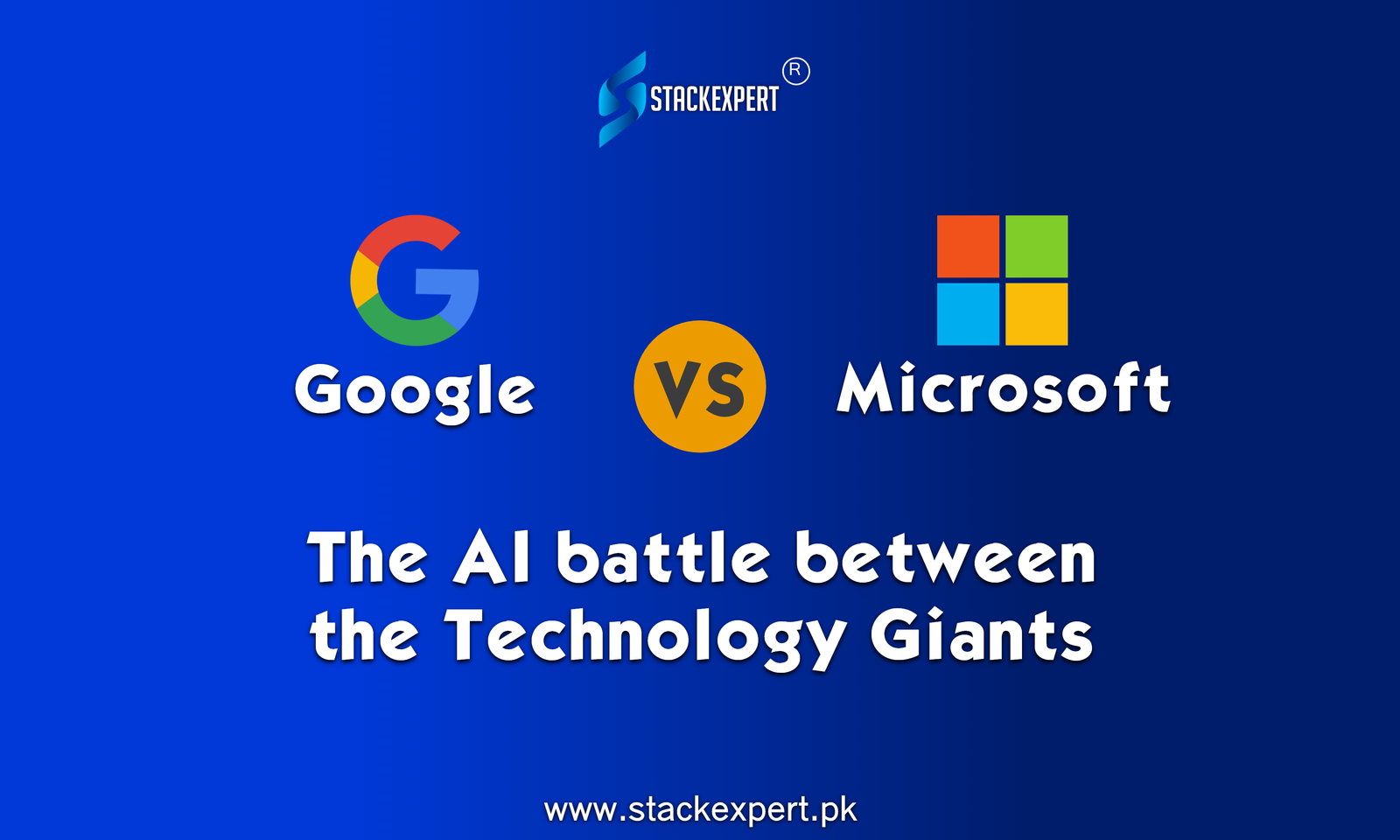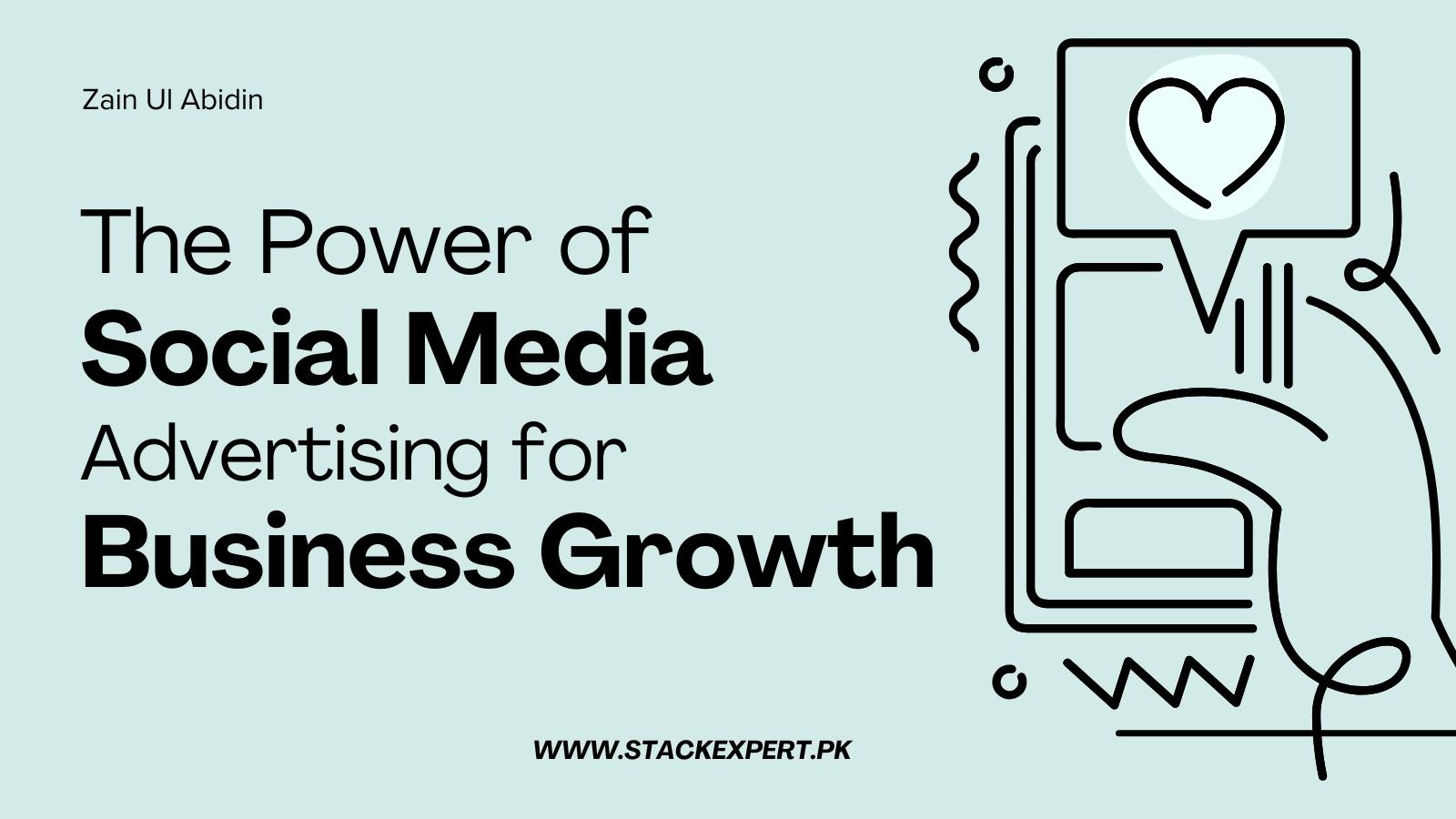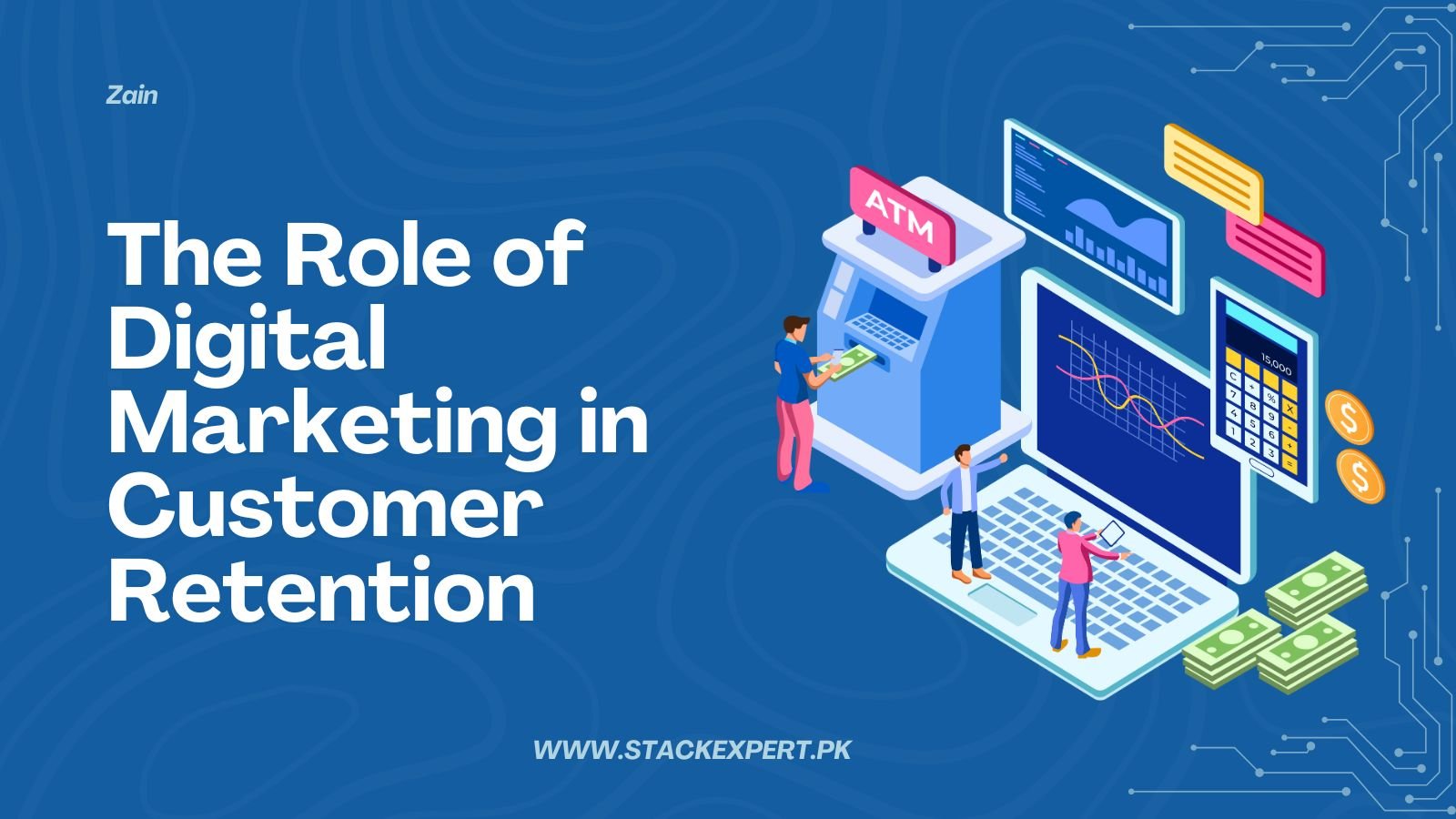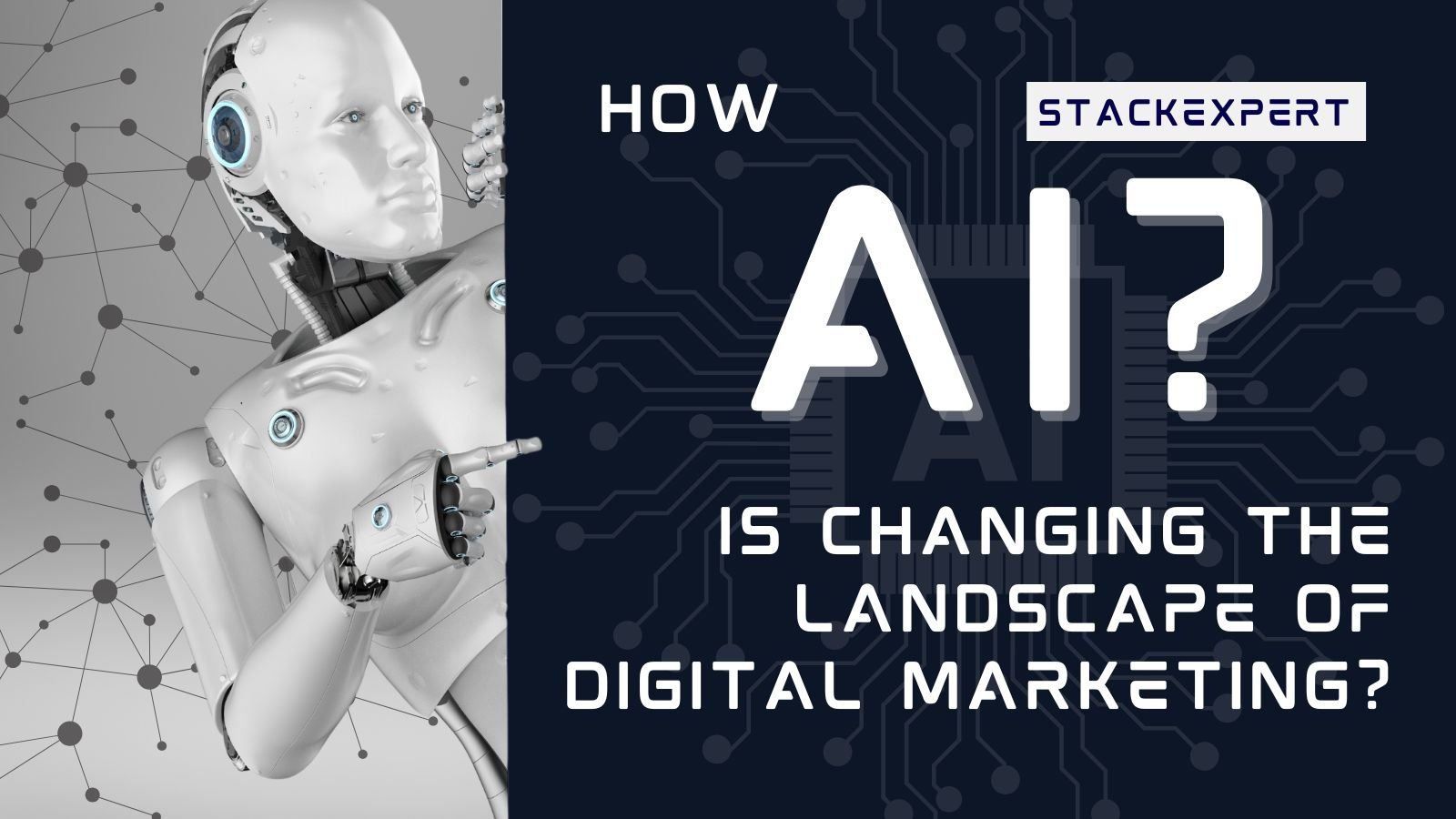Microsoft and Google are two of the biggest technology companies in the world, and both are heavily investing in the development of artificial intelligence (AI). While they are both focused on AI, there are some key differences between their approaches and areas of focus.
Microsoft has been working on AI for several years, with a particular focus on developing tools and platforms that can be used by developers to build AI solutions. Its Azure AI platform offers a range of AI services, including machine learning, cognitive services, and bot services. Microsoft is also focused on developing AI for business applications, such as predictive analytics, fraud detection, and customer service.
Google, on the other hand, is known for its work in developing AI for consumer applications, such as voice assistants, image recognition, and natural language processing. Google’s AI offerings include Google Assistant, Google Lens, and Google Translate, among others. Google has also developed a number of open-source AI tools, such as TensorFlow, which are widely used by developers around the world.
In terms of research, both Microsoft and Google are working on cutting-edge AI technologies, such as deep learning, reinforcement learning, and neural networks. Microsoft has made significant investments in machine reading comprehension, while Google has focused on developing AI that can learn from unstructured data.
One key area of difference between Microsoft and Google is their approach to privacy and data ownership. Microsoft has made a commitment to protecting user privacy and ensuring that users maintain control over their data, while Google has faced criticism for its data collection practices and its use of user data to improve its AI algorithms.
In summary, Stackexpert’s perception is that while both Microsoft and Google are heavily invested in AI and are making significant strides in the field, they have some key differences in terms of their approach and focus areas. Ultimately, the success of each company in the AI space may depend on their ability to leverage their strengths and develop AI solutions that meet the needs of their customers and users.




